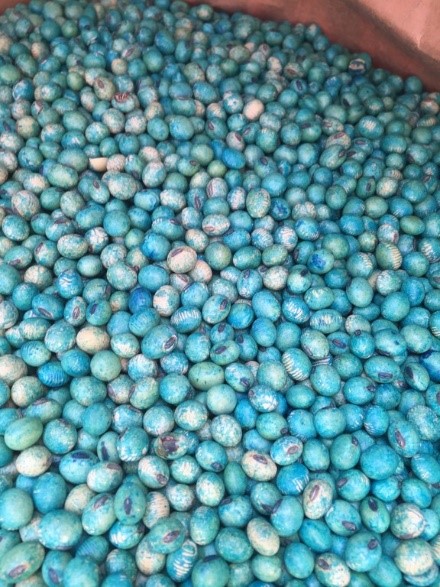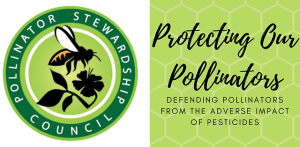Pesticide Seed Coatings are Widespread but Underreported
By: Sara LaJeunesse
UNIVERSITY PARK, Pa. — Pesticide-coated seeds — such as neonicotinoids, many of which are highly toxic to both pest and beneficial insects — are increasingly used in the major field crops, but are underreported, in part, because farmers often do not know what pesticides are on their seeds, according to an international team of researchers. The lack of data may complicate efforts to evaluate the value of different pest management strategies, while also protecting human health and the environment.
Researchers reviewed existing evidence, as well as proprietary and novel government data, on seed treatment usage and found that many farmers either did not know what pesticides were on their seeds or falsely assumed that seed treatments did not include certain pesticides.
“We reviewed existing evidence, as well as proprietary and novel government data, on seed treatment usage and found that many farmers either did not know what pesticides were on their seeds or falsely assumed that seed treatments did not include certain pesticides,” said Paul Esker, assistant professor of epidemiology and crop pathology, Penn State. “This lack of knowledge could lead to overuse of pesticides, which could harm the environment and farmers’ health.”
The team analyzed proprietary data from Kynetec, a third-party global marketing and research firm that maintains one of the most comprehensive datasets on pesticide use in the United States, collected from 2004-2014. They found that the use of seed treatments in the U.S. grew over the past decade, particularly in corn and soybean production. In the 2012 to 2014 period, 90% of corn acres and 76% of soybean acres were grown with treated seeds. Of the insecticides applied to seeds, neonicotinoids accounted for roughly 80%.
Next, the researchers analyzed farmers’ responses to questions about pesticide-coated seeds documented in the Agricultural Resource Management Survey (ARMS) — the U.S. Department of Agriculture’s primary source of information on the production practices, resource use, and economic well-being of America’s farms and ranches.
Specifically, they examined farmer responses to the ARMS for cotton in 2015, corn in 2016, wheat in 2017 and soybean in 2018.
They found that around 98% of farmers were able to provide the names of the field-applied pesticides used on their cotton, corn, wheat or soybean crops. By contrast, only 84% of cotton growers, 65% of corn growers, 62% of soybean growers, 57% of winter wheat growers and 43% of spring wheat growers could provide the name of the seed-treatment product on their crops. The rest either did not answer the survey question or specified that they did not know.
The researchers also found that, in 2015, cotton growers reported that 13% of total acreage was not treated with an insecticide and 19% was not treated with a fungicide, while simultaneously reporting the use of products containing those types of pesticides on that acreage.
The results appear today in the journal BioScience.
To go to the complete article;
https://news.psu.edu/story/611984/2020/03/17/research/pesticide-seed-coatings-are-widespread-underreported?utm_source=newswire&utm_medium=email&utm_term=612469_HTML&utm_content=03-22-2020-22-08&utm_campaign=Penn%20State%20Today









